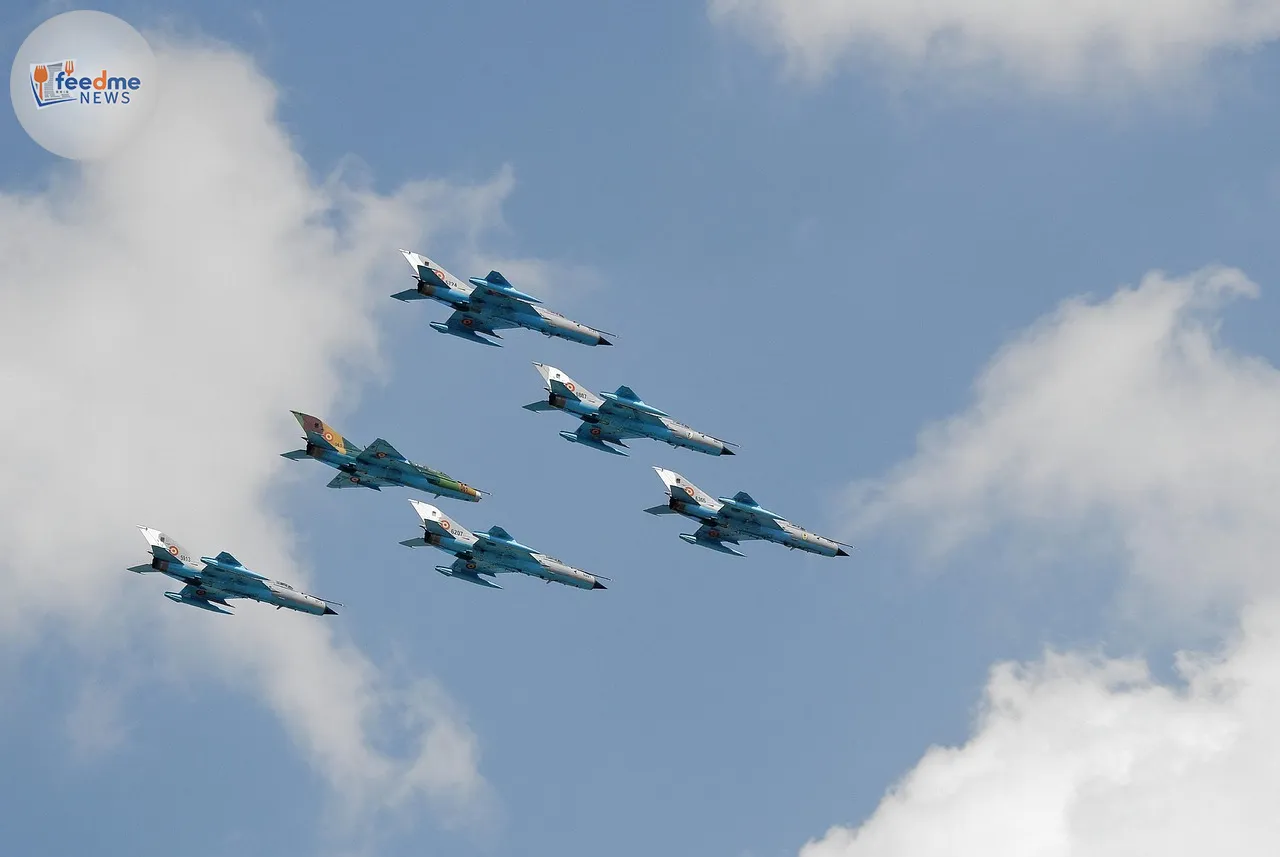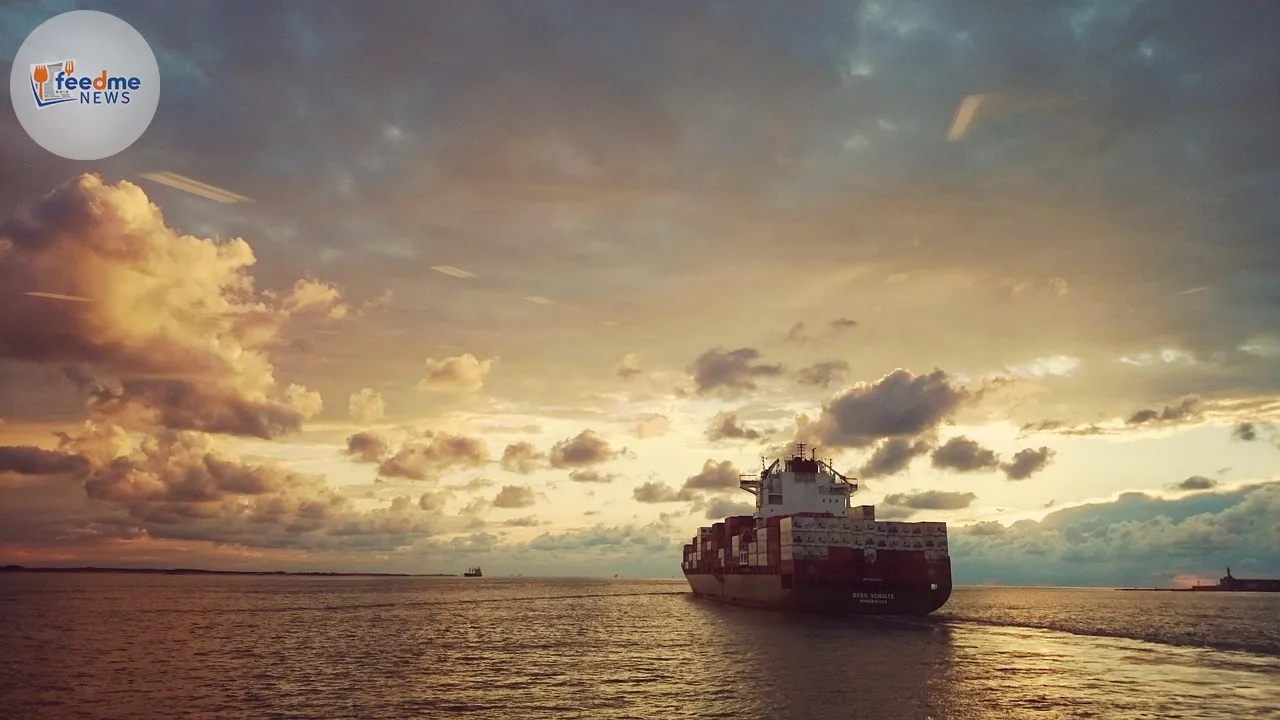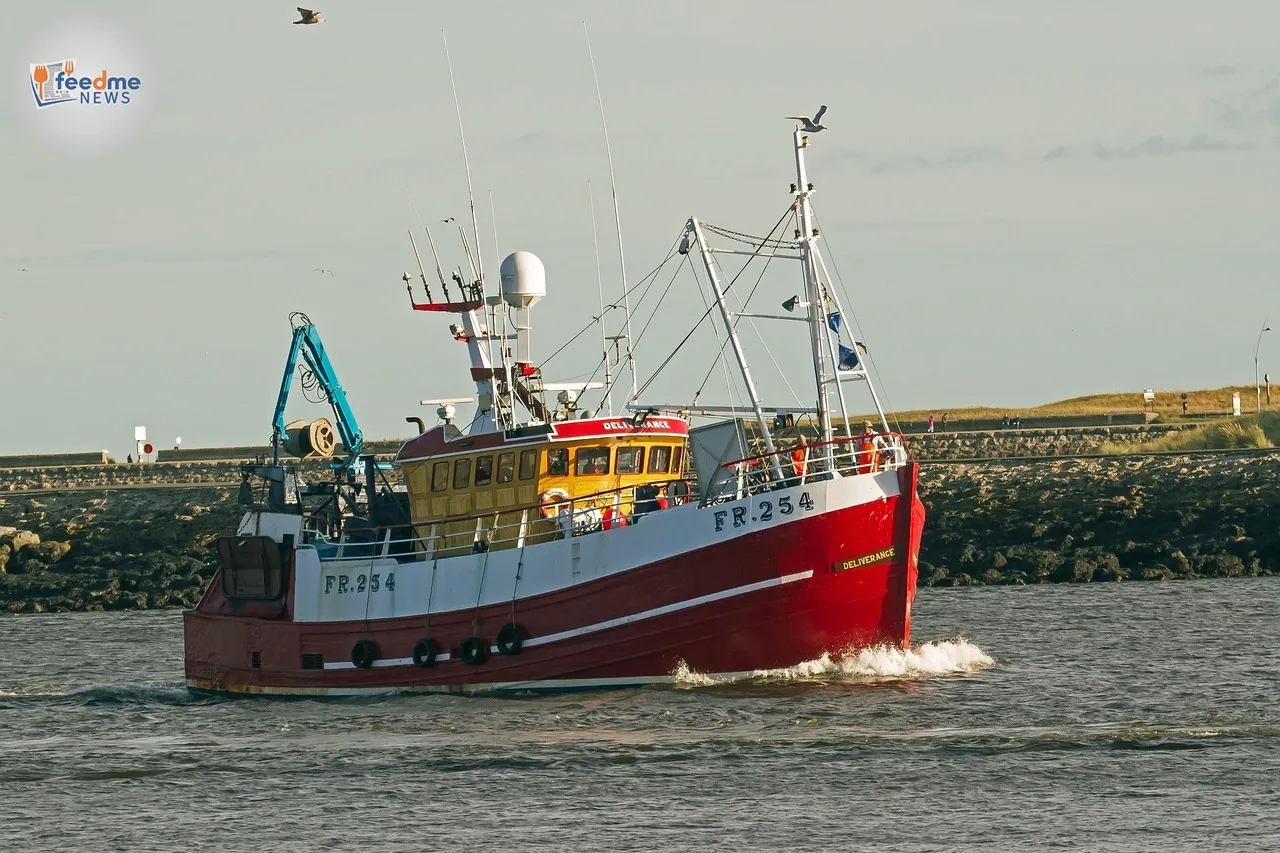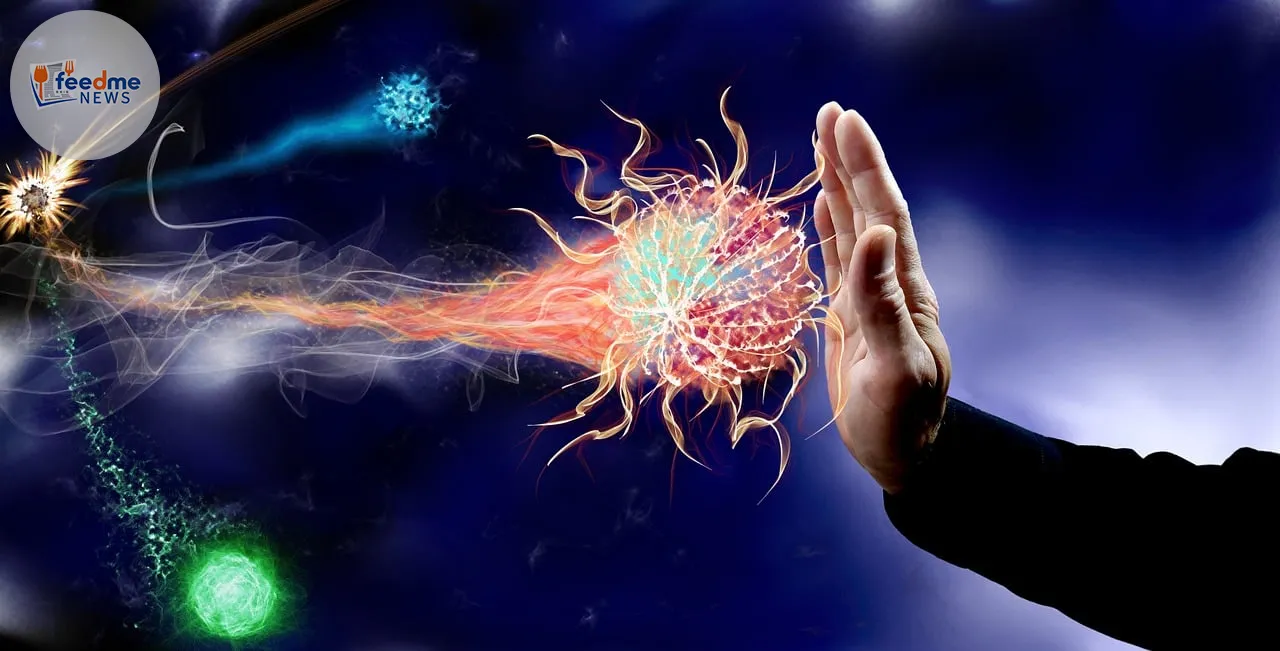Russian President Vladimir Putin declared on Thursday that Russia remains capable of defending itself amidst ongoing tensions in Ukraine. This statement comes as North Korea reportedly sends additional soldiers to support Russian efforts in the conflict. Putin expressed a willingness to meet Ukrainian President Volodymyr Zelenskyy but only during the concluding phase of negotiations. Meanwhile, the death toll from a recent Russian attack on Kyiv rises, highlighting the continued devastation of the war.
Timing and Location of Key Events
The recent developments unfolded amidst a backdrop of intensifying military actions and diplomatic manoeuvrings. Putin’s remarks were made in a round-table interview in St Petersburg, where he addressed international news agencies. Concurrently, Ukrainian President Zelenskyy is planning to attend the NATO summit in The Hague on 24-25 June, which could prove pivotal in shaping future international support for Ukraine.

Russia’s Military Strategy and International Alliances
North Korean Troop Support
Russia has reportedly bolstered its military presence with the addition of North Korean soldiers in the Kursk region. This move underscores the strategic partnerships Russia is leveraging to sustain its military campaign. In addition to manpower, Russia is receiving arms and ammunition from North Korea, as well as drones and missiles from Iran. The involvement of these nations reflects a complex web of alliances that support Russia’s ongoing efforts in Ukraine.
Putin’s Stance on NATO
President Putin downplayed the threat posed by NATO’s rearmament, asserting Russia’s self-sufficiency in ensuring its own security. This statement comes amidst heightened tensions with NATO countries, which continue to support Ukraine both militarily and diplomatically. Putin’s confidence in Russia’s defensive capabilities underscores his broader strategy of resilience against Western pressure.
The Human Toll and Diplomatic Efforts
Casualties in Kyiv
The human cost of the conflict remains stark, with the recent Russian attack on Kyiv resulting in 28 deaths and over 130 injuries. The attack targeted residential areas, further emphasising the war’s impact on civilians. Recovery efforts continue as authorities work to manage the aftermath of the destruction.
Zelenskyy’s Diplomatic Engagements
Ukrainian President Zelenskyy’s potential attendance at the NATO summit signifies a crucial opportunity to bolster international support. The summit, scheduled for late June, aims to address ongoing security concerns and explore avenues for a ceasefire. Zelenskyy’s presence could be instrumental in securing commitments from NATO allies to sustain support for Ukraine.
Economic and Political Repercussions
G7 Discussions
Senior Ukrainian officials have engaged in talks with US counterparts at the G7 summit in Canada. The discussions focused on potential defence projects in Ukraine, supported by a joint investment fund established in May. Ukraine’s First Deputy Prime Minister, Yulia Svyrydenko, highlighted these talks as vital for advancing Ukraine’s defence capabilities amidst the conflict.
Slovakia’s Political Shifts
In Slovakia, political dynamics have shifted with the current prime minister, Robert Fico, adopting a pro-Russia stance. This change has led to Slovakia halting military aid to Ukraine, prompting protests from citizens opposed to Fico’s policies. The European Public Prosecutor’s Office is also investigating potential misuse of funds intended for military aid to Ukraine, adding another layer of complexity to Slovakia’s political landscape.
Future Prospects and Implications
As the conflict in Ukraine continues to evolve, the involvement of international players remains a critical factor. Russia’s alliances with North Korea and Iran, alongside its strategic positioning against NATO, highlight the multifaceted nature of the conflict. Meanwhile, Ukraine’s diplomatic efforts, particularly at the upcoming NATO summit, could influence the trajectory of international support.
The potential for a diplomatic resolution remains uncertain, with both sides entrenched in their positions. However, the ongoing dialogue and international engagement offer a glimmer of hope for a negotiated settlement. The coming weeks may prove pivotal as global leaders grapple with the complexities of the conflict and strive for a resolution that addresses the humanitarian and geopolitical challenges at stake.





